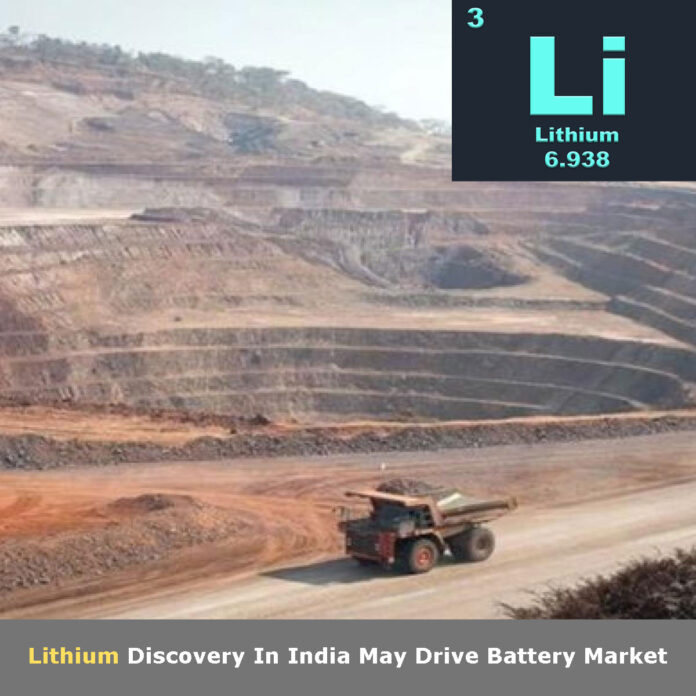Lithium is a non-ferrous metal that is used to make batteries for mobile phones, laptops, electric vehicles and other chargeable devices. It is often called the ‘white gold‘ because of its high demand and strategic importance. India has been dependent on expensive foreign supplies for lithium, mostly from China. However, this may change soon as the Geological Survey of India (GSI) has discovered lithium reserves in Rajasthan’s Degana (Nagaur).
The Discovery
The discovery of lithium reserves in Rajasthan was announced by GSI in May 2023, three months after it found 5.9 million tonnes of lithium reserves in Jammu and Kashmir. According to GSI and mining officials, the lithium reserves in Rajasthan are much larger than the ones in Jammu and Kashmir, and can satisfy 80 percent of India’s total demand. The exact capacity of the reserve has not been disclosed yet.
The lithium reserves in Rajasthan have been found in the same Renvat hill of Degana and its surrounding area, from where tungsten mineral was once supplied to the country. Tungsten was used to make war material for the British Army during the First World War, and later for surgical instruments and energy sector in India. However, the production of tungsten was stopped in 1992-93 due to China’s cheap export policy.
The Implications
The discovery of lithium reserves in Rajasthan is a significant boost for India’s net zero emissions goal and its electric vehicle (EV) industry. India has set ambitious targets of achieving 30 percent EV sales of total new vehicle sales and increasing non-fossil energy capacity to 500 GW by 2030. Lithium is a key component of lithium-ion batteries, which power most EVs and renewable energy storage systems.
India’s annual lithium-ion battery market is expected to grow to 116 GWh by FY2030 from 2.6 GWh in FY2021, with EVs accounting for 90 percent of the overall market. However, India currently imports most of its lithium-ion cells and batteries from China, which accounts for more than 80 percent of the global battery production. This makes India vulnerable to supply disruptions, price fluctuations and geopolitical risks.
The discovery of domestic lithium reserves will help India reduce its dependence on China and other foreign sources. It will also enable India to develop its own lithium-ion battery manufacturing capacity and create a competitive EV ecosystem. Moreover, it will enhance India’s energy security, economic growth and environmental sustainability.
As India discovers significant lithium reserves in Rajasthan, in addition to the previously discovered reserves in Jammu and Kashmir, the country is well positioned to become the third largest market for EVs in the next four years.
